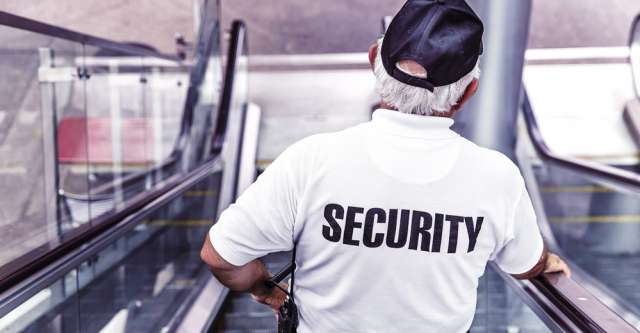Facial recognition is a continually evolving piece of technology. Once a thing only available for select people, it has managed to reach the world of phones, and now travel companies. Although some people believe that facial recognition could be harmful towards your private life, others like the potential that facial recognition offers for travel agencies. Cruise operator Royal Caribbean has begun to make facial recognition passes available for passengers, which streamlines the boarding process of their cruise ships.
Facial Recognition
Some airlines have started to implement facial recognition to shorten their boarding process. Like these airlines, cruise operator Royal Caribbean has begun offering their passengers a facial recognition pass which streamlines the boarding process.
The company’s SVP of digital, Jay Schneider, said that originally the typical wait time for boarding one of their cruise ships is 90 minutes. Using a mobile pass, the wait time is only 10 minutes; it’s even less time if the customer uploads a “security selfie” and uses facial recognition upon boarding.
“We wanted it to be a welcoming experience, such that the agent knows who you are when you’re getting there,” Schneider says, adding that the company wants to turn facial recognition “not into a stop and frisk moment, but into a way to welcome you on vacation, answer any questions, and let me just get you on your way.” [1]
As more people use mobile passes, the line of people who board the old fashioned way gets shorter, making the facial recognition a win for everybody. The Royal Caribbean’s largest ship can carry up to 6,000 passengers and 2,500 crew members; using facial recognition allows Royal Caribbean to save 50,000 crew hours annually.
The Future is Near
Royal Caribbean says that it deletes all security selfies at the end of each trip to avoid wasting data space. When a customer provides some of their data to the company for a limited time, they get convenience in exchange, but that doesn’t mean that people don’t worry about the future of facial recognition.
Since before facial recognition, people have worried about the government collecting private information in a large-scale surveillance network. Although Royal Carribean and other travel companies can claim that they delete personal data after each trip, there’s no U.S. policy which requires them to do that.
Notes:
- ^Gershgorn, Dave. “Facial recognition is coming to cruise ships.” Quartz, 21 May. 2019, qz.com/1623799/facial-recognition-is-coming-to-cruise-ships. (go back ↩)

